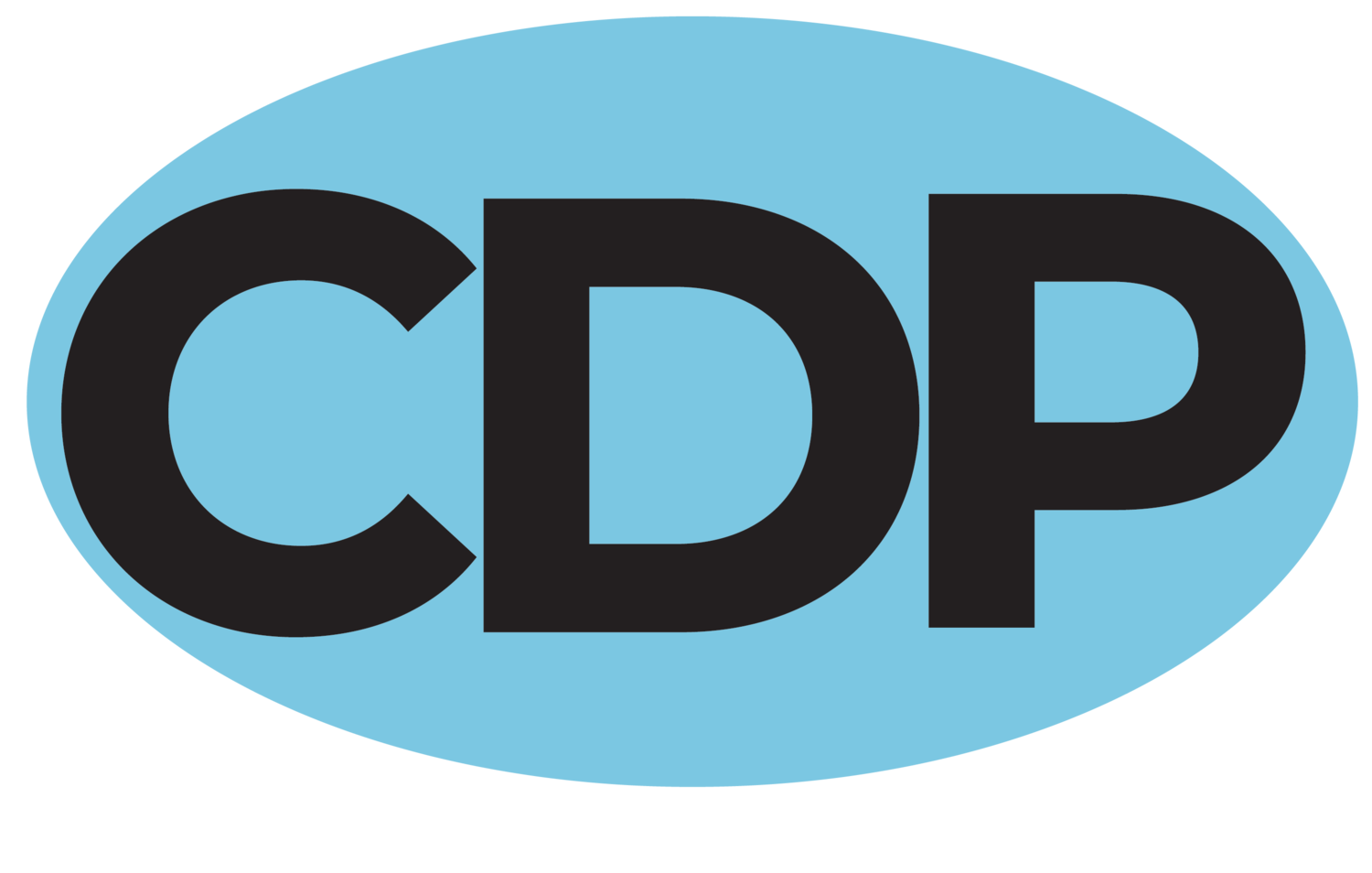Need a Vacation? You’re Not Alone.
The following statement is probably a no-brainer for most of us out there: Americans are woefully vacation-deprived. Now, consider the following: One of the biggest challenges currently identified by human resources personnel is worker burnout; men who take vacations every year reduce their risk of heart disease; and women who take regular vacations are far less likely to experience depression and anxiety than those who do not vacation. What does all this mean? It means that we as a workforce are generally stressed out, not taking vacations, and our health and happiness are likely suffering for it.
If a particular employer provides as a benefit, say, three weeks of vacation time per year, then why wouldn’t an employee take advantage of that? The reasons are many:
In the current economy, many organizations and businesses are getting by with fewer employees, which results in greater workloads and more responsibilities for employees who remain. Under such conditions, it’s often difficult if not impossible for some employees to leave for a week or more at a time.
For some, there is the guilt factor and/or the hero complex. It goes something like this: “I could take vacation, but I’d be leaving everyone else scrambling to get things done. They can’t do it without me, therefore I can’t take vacation.” This mentality is very American. In fact, according to Expedia, the U.S. and Japan are the only countries in the world where the workforce consistently chooses not to take advantage of vacation time.
Some employers offer the option of periodically cashing out unused vacation time. More workers than ever are choosing this option as a means of saving or making ends meet.
Finally, many folks out there simply can’t afford take a trip right now, so it seems easier or more logical just to work.
So, we know the reasons why we can’t (or think we can’t) use our vacation time, but what are some reasons we should? In short, it’s good for our physical and mental health, and it makes us happier, more productive employees. Instead of feeling guilty about taking time off, we should regard it as a gift both to ourselves and to our employers. Not even the most accomplished executive can sustain productivity and job satisfaction if he/she never has a chance to step away for a breather. By insisting on using vacation time, we maintain a healthy work/life balance and we also promote a workplace culture in which employee health and happiness is important.
Assuming we decide to use that hard-earned vacation time, here are a few tips on making the most of it:
Prepare for your absence from work as best you can, so you won’t feel guilty, anxious or otherwise distracted while on vacation. Remember that the world will not stop spinning while you’re away.
If you’re someone who gets an exceptional amount of enjoyment out of home improvement projects, then by all means make it a “stay-cation.” Otherwise, getting away to a place that fills your senses is just what the doctor ordered.
Resolve to be unplugged: Leave behind your work phone, laptop and/or any other device that could tempt you or your supervisor/colleagues to communicate.
Savor the time away and when it’s over, resolve to make using your vacation time a regular habit so that you always have a fun-filled, relaxing break to look forward to down the road.
If you absolutely, positively can’t get away for an entire week or more, consider taking a Thursday and Friday off, or a Friday and the following Monday, etc. That way, you’ll have four consecutive days off, but only used vacation time for two of them.
In the end, the need to use our vacation time reflects sage advice passed down through generations of humanity: At the end of your life, which will you regard most fondly – all the hours you spent at work, or those special moments spent with your family?
Now…go turn in that vacation request.
-Mindy Muller, CFRE, President/CEO of CDP
** Originally posted on CDP’s blog in May 2012

